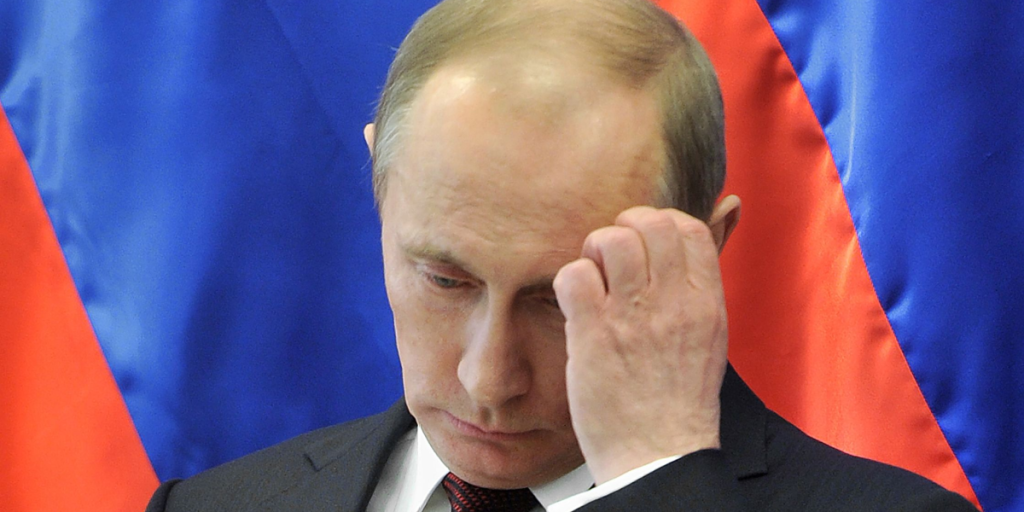The war has dragged on through waves of sanctions, mounting losses, and growing strain on the economy.
Others are reading now
Nearly four years after Russia’s invasion of Ukraine, the conflict continues to shape every aspect of Russian life.
While the Kremlin insists that public unity remains strong, new internal data suggests a very different picture behind closed doors.
Growing war fatigue
A confidential survey commissioned by the Kremlin has found that a large majority of Russians are weary of the war and increasingly critical of their living conditions.
The findings, shared with regional officials ahead of the 2026 elections, reveal deep exhaustion across the country.
According to Vot Tak, which cited the study reported by Dialog.ua, more than 80 percent of respondents said they felt tired of what Moscow still calls its “special military operation.”
Also read
In the data presented by Alexander Kharichev, head of the Presidential Directorate for Monitoring and Analysis of Social Processes, 56 percent of Russians described themselves as “very tired,” and 27 percent as “somewhat tired.”
Compared with last year, those expressing deep fatigue rose by nine points, and partial fatigue by six.
Economic strain deepens
Sociologists involved in the study noted that public sentiment has worsened since late 2024. They attributed the shift to heavy battlefield losses, inflation, falling wages and new taxes.
“Russians generally assess the current situation extremely negatively,” the report stated.
Researchers said the number of citizens who believe their financial situation has deteriorated is now the highest since the invasion began.
Also read
In October 2025, for every person reporting a slight improvement, three said their situation had worsened.
Internal alarm in Moscow
The report was circulated for internal use to guide regional messaging ahead of next year’s vote.
Even within the Kremlin’s own analysis, the conclusion was stark: the public is “tired, impoverished and without a clear path forward.”
While official rhetoric continues to emphasise national unity, the data shows that support for prolonging the war has fallen below 20 percent.
The government, however, continues its campaign in Ukraine despite growing disillusionment at home.
Also read
Sources: Dialog.ua, Vot Tak, Ziare.com, Reuters, BBC


